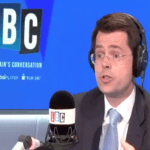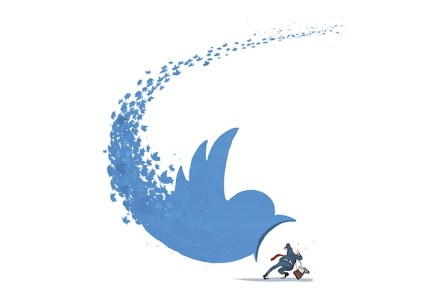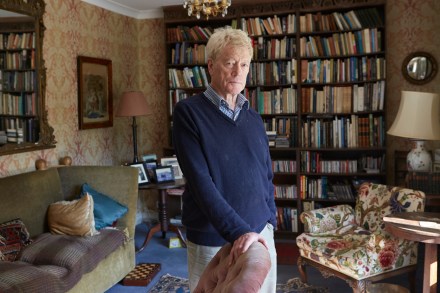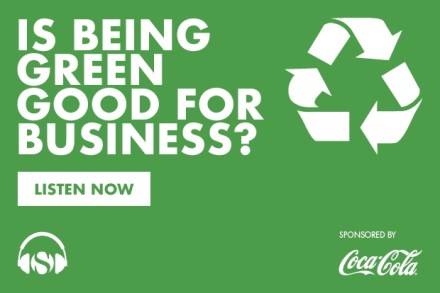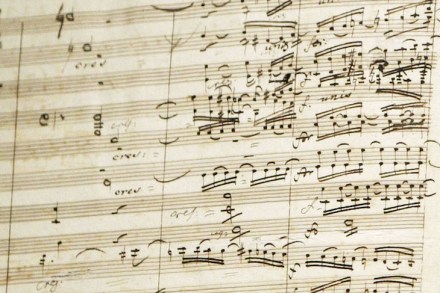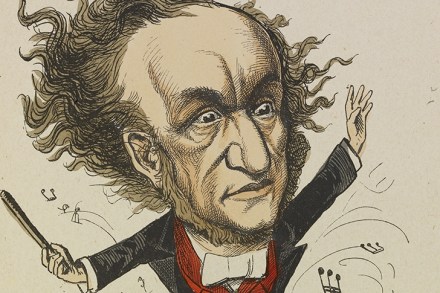What Roger Scruton can teach his detractors
I thought I knew everything about Sir Roger Scruton. I had already written two books on his life and philosophy and was just about to embark on the last volume in my Scruton trilogy. This was to be a book of conversations that encompassed all facets of his biography and intellectual interests. Over three days at his farm in Wiltshire, we discussed everything from religion, architecture, wine and music, to sex, farming, family and fame. Scruton spoke to me not as a fellow philosopher or journalist but as a long-time friend. As such, our conversations revealed Scruton at his most intimate and humorous. It was, however, on the last night



